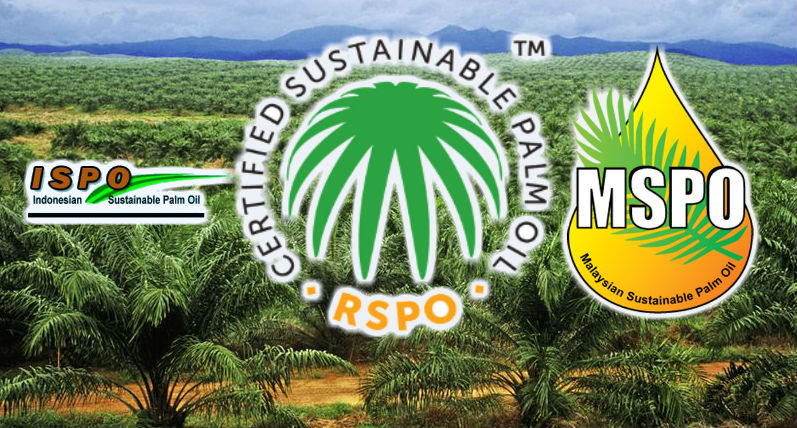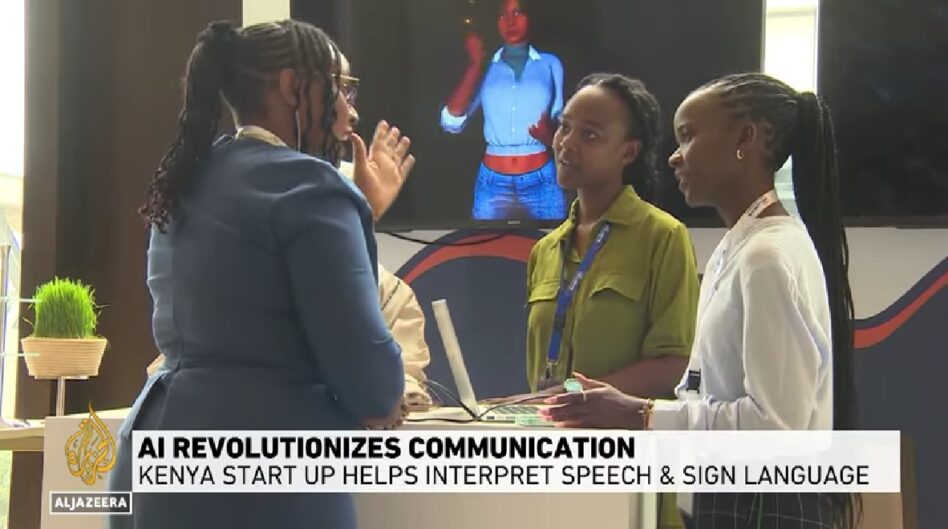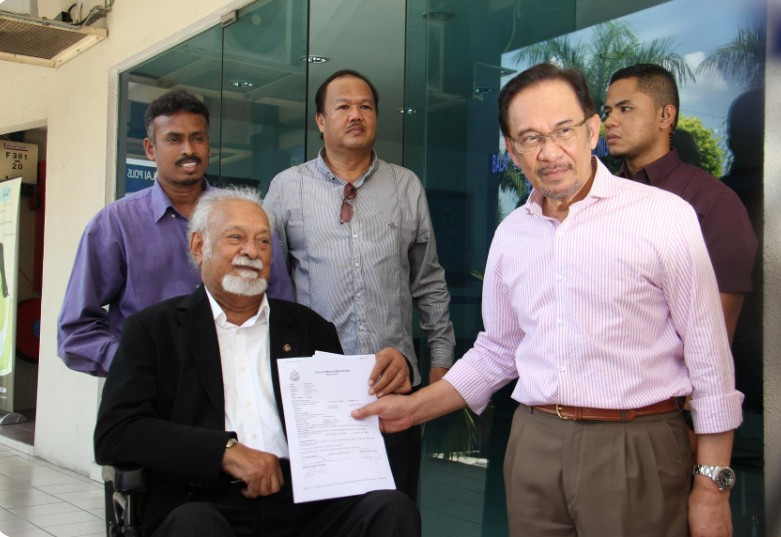THE European Union Deforestation Regulation (EUDR) recently carried out a gap analysis which claimed the Malaysian Sustainable Palm Oil (MSPO) certification scheme falls short of what it defines as “sustainable”.
Funded by the European Union (EU), the analysis calls upon Malaysia to address issues related to what is defined as “forest” and a lack of information when it comes to human rights protections based on internationally accepted standards and geolocation issues. The issue of traceability was also brought up, especially those related to palm oil produced by smallholders.
While these may be valid arguments for the EU based on their assessment, Malaysia’s response to these findings has been positive with the latter wishing to meet the requirements. However, it remains to be seen whether the EU will ultimately define Malaysia’s palm oil as “sustainable” and accept it as in compliance with EUDR.
Are the EU finding ways to derail Malaysia’s exports to Europe with these excuses or are they just deploying double standards in criticising palm oil and turning a blind eye to the practices of other vegetable oil-producing countries?
Malaysia has been accused of monoculture farming with an over reliance on palm oil cultivation yet countries within the EU can also been accused of the same.
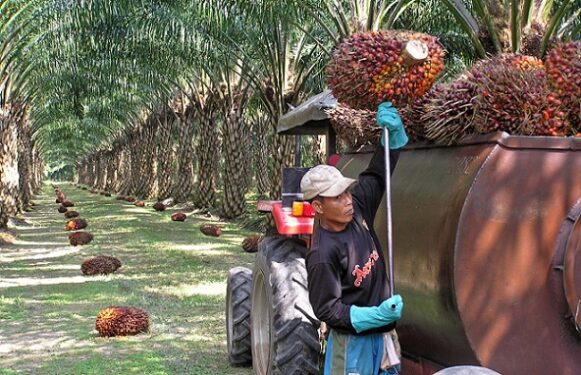
For example, France and Germany are the EU’s top rapeseed producers but France by some distance, is the leading European producer of rapeseed while Europe is the leading producer worldwide. The 00-rapeseed cultivar is currently grown on 1.5 million hectares in France and 8 million hectares worldwide.
French farmers are expected to have allocated a similar or bigger area to rapeseed for the 2024 harvest, hence maintaining sowings at an above-average level after a sharp increase last year, according to oilseed technical institute Terre Ionia.
Yet palm oil yields over four times more oil per hectare than rapeseed or 3.3 tonnes of palm oil to rapeseed’s 0.7 tonnes which also means using significantly less amounts of fertiliser, pesticides and energy inputs.
Focus on facts
In the era of climate change and environmental awareness, deforestation is at the forefront of most people’s concerns and directly implicate the actions of both governments and companies alike.
In fact, Malaysia has already placed a limit on the amount of land that can be used for palm oil cultivation to just 5.6 million hectares. This is even lower than the previous figure of 6.5 million hectares mainly due to urbanisation.
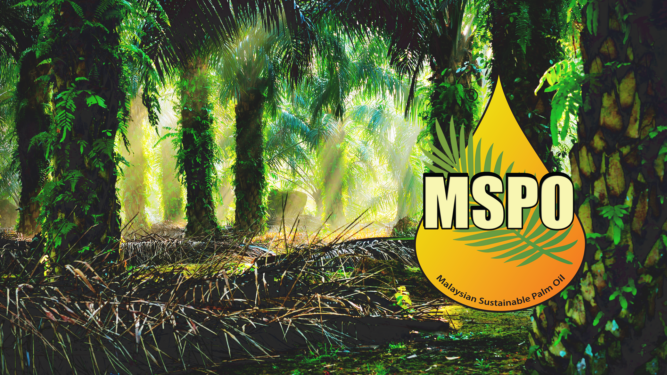
As for labour issues within the palm oil sector, Malaysia has been at the forefront of tackling concerns raised by the international community by tightening labour law practices with companies too, especially among Bursa Malaysia listed companies having emerged champions of social practices in the environment, social and governance (ESG) framework.
Palm oil is an oil seed that feeds the world. According to the Food and Agriculture Organization (FAO) of the United Nations, of the 337.6 million hectares set aside for vegetable oil production in 2022, palm oil land usage is just over 30 million hectares or just 8.9%.
The biggest land mass used by some of the other vegetable oil includes soya oil at 133.8 million hectares or 39.6%, followed by rapeseed, cottonseed and groundnut at 40 million, 31.4 million, and 30.5 million hectares respectively. These four other vegetable oils alone account for almost 70% of the land mass.
Livelihood at stake
While large corporations are ahead when it comes to compliance with international standards, the same cannot be said for smallholders. Still, Malaysian smallholders have been at the forefront of being certified by MSPO.
According to the Plantation Industries and Commodities Ministry, 4.94 million hectares representing some 87.4% of the palm oil plantations in Malaysia as well as 407 of the 446 palm oil mills have been certified under the MSPO standard as of April 2024.
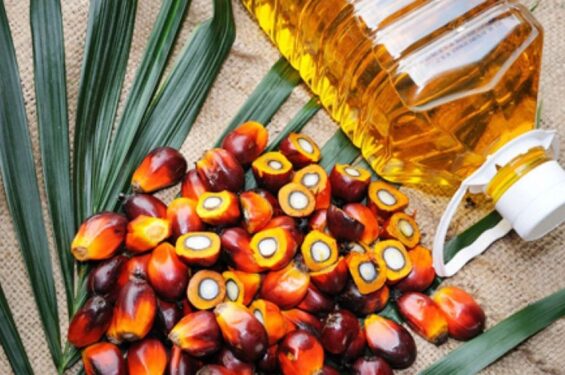
At the same time, some 151,152 smallholders – covering 542,215 hectares or 66% of the total – have also obtained certification during the same period. While there is still some work to be done in terms of certification for these smallholders in terms of numbers and hectarage, it is heartening to note that Malaysia is moving in the right direction towards sustainable palm oil production.
Consolidation and modernisation
Plantation Industries and Commodities Ministry Datuk Seri Johari Abdul Ghani recently proposed the consolidation of oil palm plantation smallholders into larger parcels to address the issues related to re-planting, economies of scale as well as good management and agriculture practices with the aim of achieving greater efficiencies in terms of production yields.
Mechanisation and better adoption of best practices as well as certification could help smallholders to lift their income levels.
The new business model suggested by the Minister is far-sighted and should be explored and tested to see the benefits.
The outsourcing model which does not take away the land from the rightful owners of these plantations is a positive step towards the long-term sustainability of Malaysia’s palm oil as we need to find ways to be more productive given the limitation imposed on us due to deforestation issues.
Given Malaysia’s effort to address concerns raised by the EU and domestic response by both the Ministry as well as statutory bodies, Malaysia is on the right track in closing the chapter on the EU’s concern about Malaysia’s palm oil industry practices.
Malaysia’s effort to find ways to improve productivity, especially among smallholders, must be supported by all, especially among larger and experienced Malaysian plantation companies. The industry as a whole is on the right track and has a bright future ahead. – June 7, 2024
Pankaj Kumar is the managing director of Datametrics Research and Information Sdn Bhd (DARE), a Malaysian-based data gathering, strategic analysis and advocacy platform for businesses and industries in key sectors of the Malaysian economy.
The views expressed are solely of the author and do not necessarily reflect those of Focus Malaysia.


